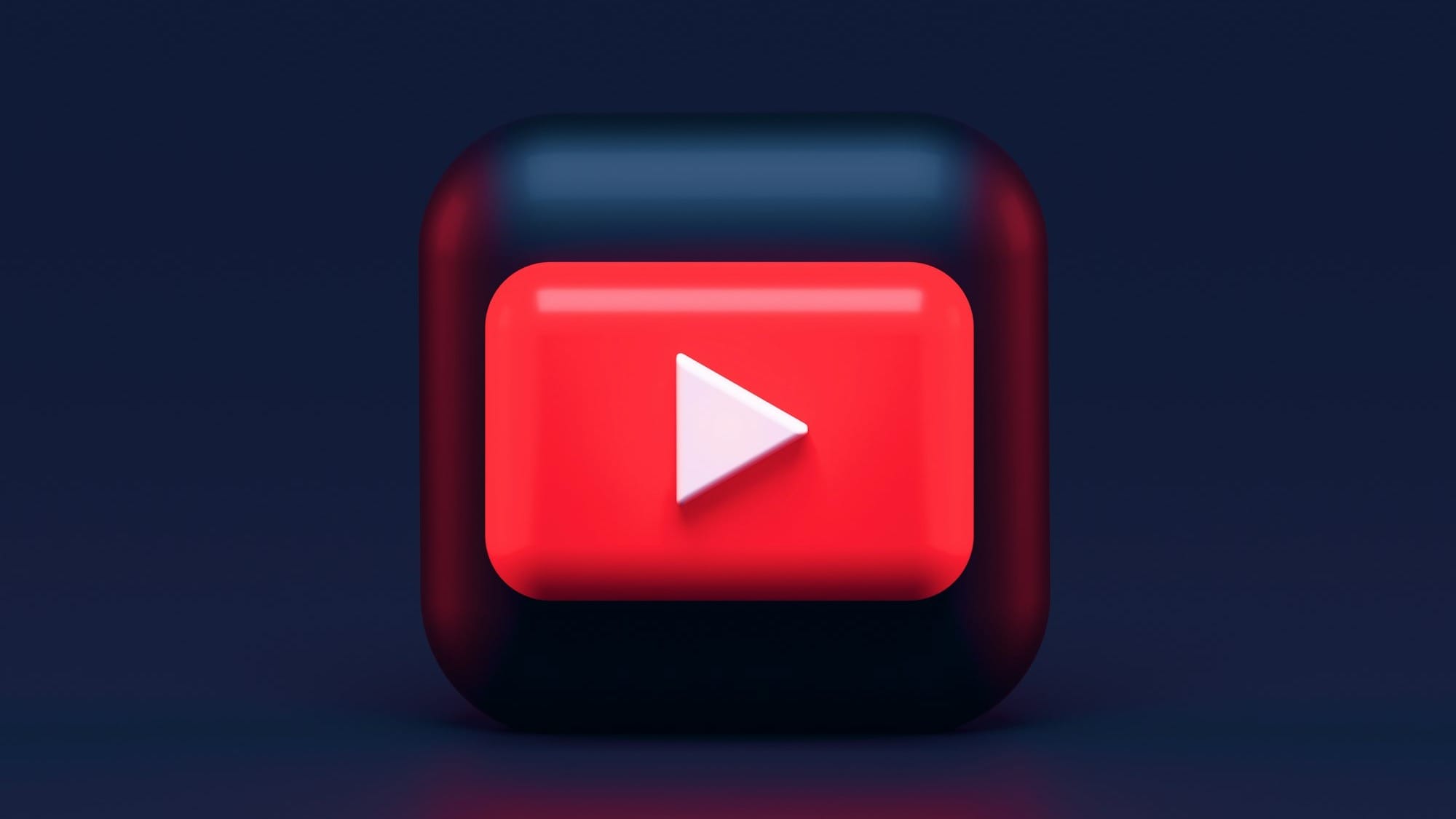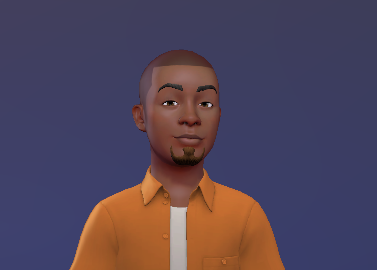YouTube Announces New Tools to Prevent AI Deepfakes and Plagiarism
YouTube is taking proactive steps to combat these issues with new tools designed to protect creators from copyright infringement and deepfakes.
In the world we live in now where Artificial Intelligence is so common, we find it difficult to tell the real from the fake sometimes, there needs to be regulations, rules and other parameters put in place to prevent things from going out of hand.
The potential misuse of AI chatbots, such as X's Grok AI being used to generate fake photorealistic images of American politicians, has led to scrutiny of their privacy practices.
While lawmakers have implemented legal measures, YouTube is taking a proactive stance, by developing new tools to protect creators' intellectual property.
According to reports, the video streaming platform is developing two new tools to enhance user safety. The first, as described by Verge, is a 'synthetic-singing identification technology,' while the second can detect deepfakes of creators, actors, musicians, and athletes.
The first tool will reportedly be integrated into YouTube's copyright system. It will use the algorithm's content ID to automatically identify whenever an AI tool is used to generate a voice in another's likeness. This way, it can be easier to defend against plagiarism or any case of false identity.
The second tool will supposedly identify deep fakes and give creators some control over who can use their faces for such online.
Although the tools are still under development, their implementation could dictate how AI is used for content creation on the platform. There is no official news on when its rollout will begin but we might start to get it sooner than we think.
As AI becomes more prevalent and integrated into society in many ways, it is only natural to expect more companies to create tools or laws to guide these virtual assistants from getting out of hand.









